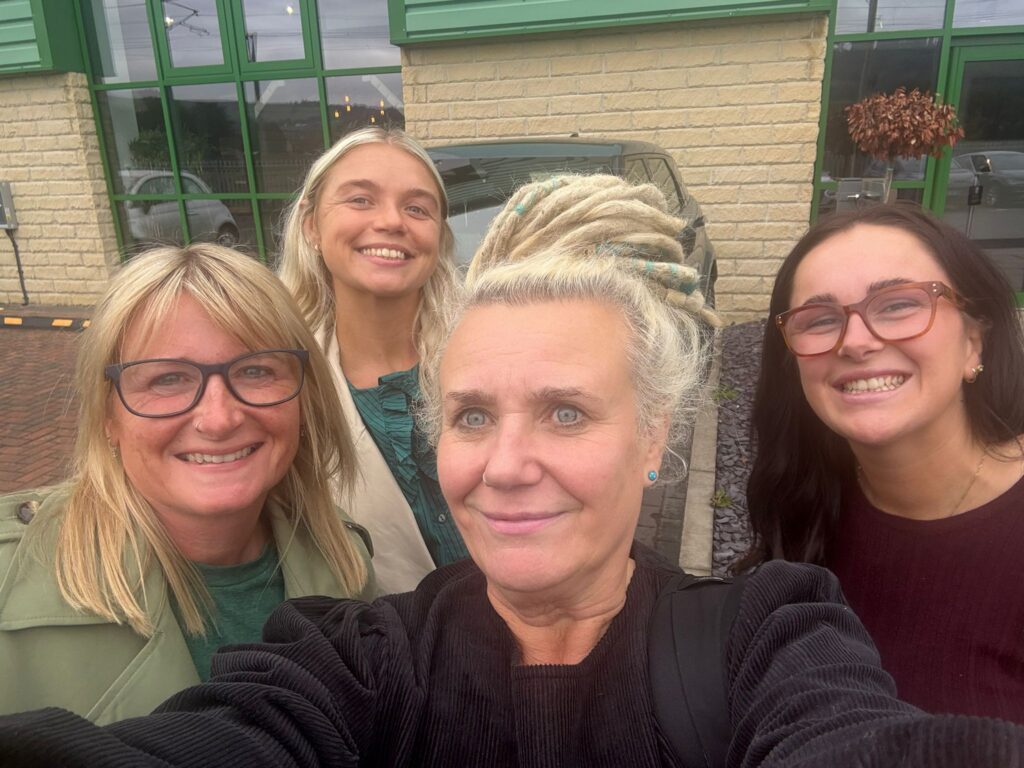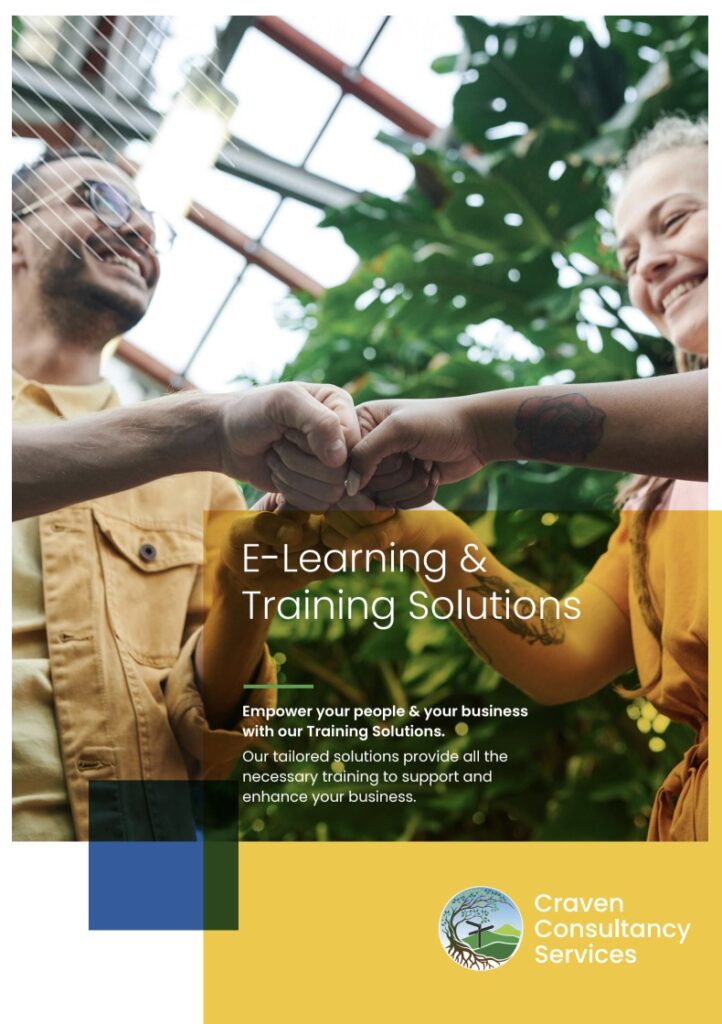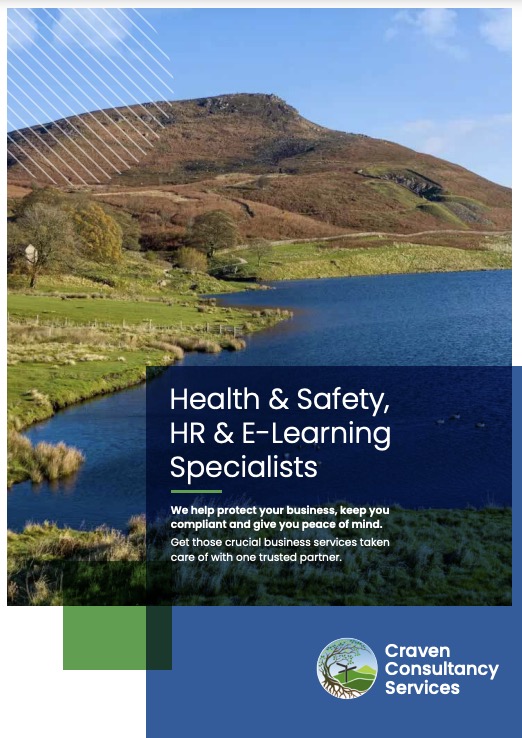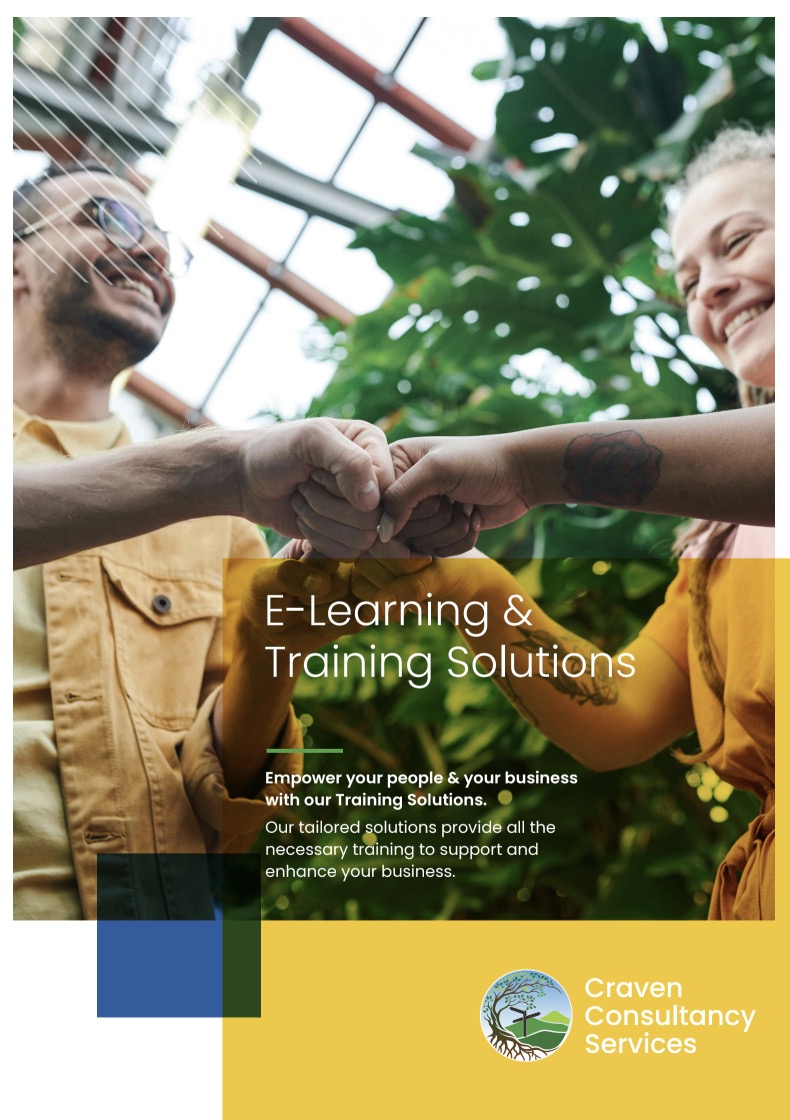SME HR and Business Focus Areas and Challenges for 2025
As we step into 2025, UK small and medium enterprises (SMEs) face a landscape defined by rapid change, innovation, and the need for resilience. Here are the key focus areas and challenges likely to dominate the agenda this year:
1. Hybrid Work Evolution
For SMEs, balancing flexibility with productivity and collaboration in hybrid work arrangements is essential. Key actions include:
- Ensuring access to affordable technology that supports remote work.
- Creating flexible policies that accommodate both employees and business needs.
- Fostering a culture of trust and accountability among small teams.
2. Employee Well-being and Mental Health
SMEs often have closer, more personal relationships with employees. In 2025, priorities include:
- Implementing cost-effective mental health resources, such as an EAP.
- Encouraging open communication to identify and address well-being concerns.
- Scheduling regular check-ins to monitor and support employee mental health.
3. Upskilling and Reskilling
With smaller budgets and teams, SMEs need to maximise every employee’s potential. Key strategies include:
4. Diversity, Equity, and Inclusion (DEI)
For SMEs, embedding DEI into their DNA is vital to attract diverse talent. Actions include:
- Developing inclusive job descriptions and recruitment practices.
- Offering flexible work arrangements to support a diverse workforce.
- Fostering a culture where everyone’s voice is valued.
5. Regulatory Changes and Compliance
SMEs must remain vigilant about changing regulations that could impact operations. Challenges include:
6. Employee Experience and Retention
SMEs often compete with larger firms for talent, making retention a priority. Strategies include:
- Offering personalised career development opportunities.
- Providing meaningful benefits within budget constraints, such as flexible hours.
- Recognising and celebrating employee contributions to build loyalty.
7. Sustainability and ESG (Environmental, Social, and Governance)
For SMEs, sustainability can be a competitive differentiator. Priorities include:
- Starting small with initiatives like reducing energy usage or waste.
- Encouraging employee involvement in local community projects.
- Communicating sustainability efforts to customers and stakeholders.
8. Technology Integration
Adopting technology on a budget is critical for SMEs. Key actions include:
- Prioritising affordable tools that streamline operations, such as HR/payroll or project management software.
- Using free or trial versions of software to test before committing.
- Ensuring employees are trained to use new tools effectively.
9. Economic Uncertainty and Workforce Planning
SMEs are particularly vulnerable to economic fluctuations. Strategies include:
- Scenario planning to prepare for potential challenges.
- Maintaining flexibility in workforce management, such as using freelancers or part-time staff.
- Keeping employees informed about the financial health of the business to build trust.
10. Leadership Development
For SME leaders, developing their own skills and those of future leaders is crucial. Focus areas include:
- Participating in affordable leadership development courses or mentorship programmes.
- Building a culture of shared responsibility where employees can take ownership of initiatives.
- Emphasising empathetic leadership to support and motivate small teams.
Continuous Improvement: A Key Focus for SMEs in 2025
Continuous improvement is critical for SMEs to remain competitive and adaptable. Key strategies include:
- Fostering a Culture of Feedback: Encourage employees to share ideas for improving processes and addressing challenges.
- Implementing Incremental Changes: Test small-scale adjustments to processes and measure their impact.
- Investing in Technology: Focus on tools that provide immediate value and efficiency improvements.
- Employee Development: Use cost-effective training to upskill employees and prepare for future needs.
- Monitoring Key Metrics: Regularly review performance data to identify areas for improvement.
Solutions for SME Challenges through HR Collaboration
To tackle these challenges effectively, HR teams in SMEs can take the following approaches:
- For Hybrid Work Evolution: Develop flexible and affordable hybrid work policies tailored to SME needs.
- For Mental Health and Well-being: Use local resources and affordable programmes to support employee well-being.
- For Upskilling and Reskilling: Partner with local educational institutions and utilise affordable training resources.
- For DEI Initiatives: Create simple, actionable DEI goals that reflect the SME’s values.
- For Regulatory Compliance: Stay updated with changes and seek affordable HR advice or software solutions.
- For Employee Retention: Focus on recognition, development, and building a positive company culture.
- For Sustainability Goals: Involve employees in setting and achieving sustainability objectives.
- For Economic Uncertainty: Foster open communication and flexible workforce strategies to weather challenges.
- For Leadership Development: Provide affordable leadership training and mentorship opportunities.
Conclusion
For UK SMEs in 2025, success hinges on innovation, adaptability, and a strong focus on employee engagement. By addressing these challenges head-on and leveraging HR expertise, SMEs can build resilient, people-focused businesses that thrive in an ever-changing environment.
Need Help with Your HR ?
Running an SME comes with unique HR and business challenges. Whether it’s navigating employment law, enhancing employee engagement, or driving growth through effective leadership, tailored HR support can make all the difference. Reach out to our team of experts for practical, cost-effective solutions designed specifically for SMEs.
Dee Newton – HRBP and Operations Manager.













